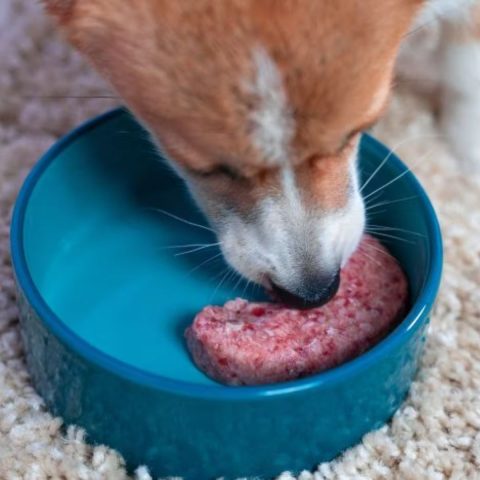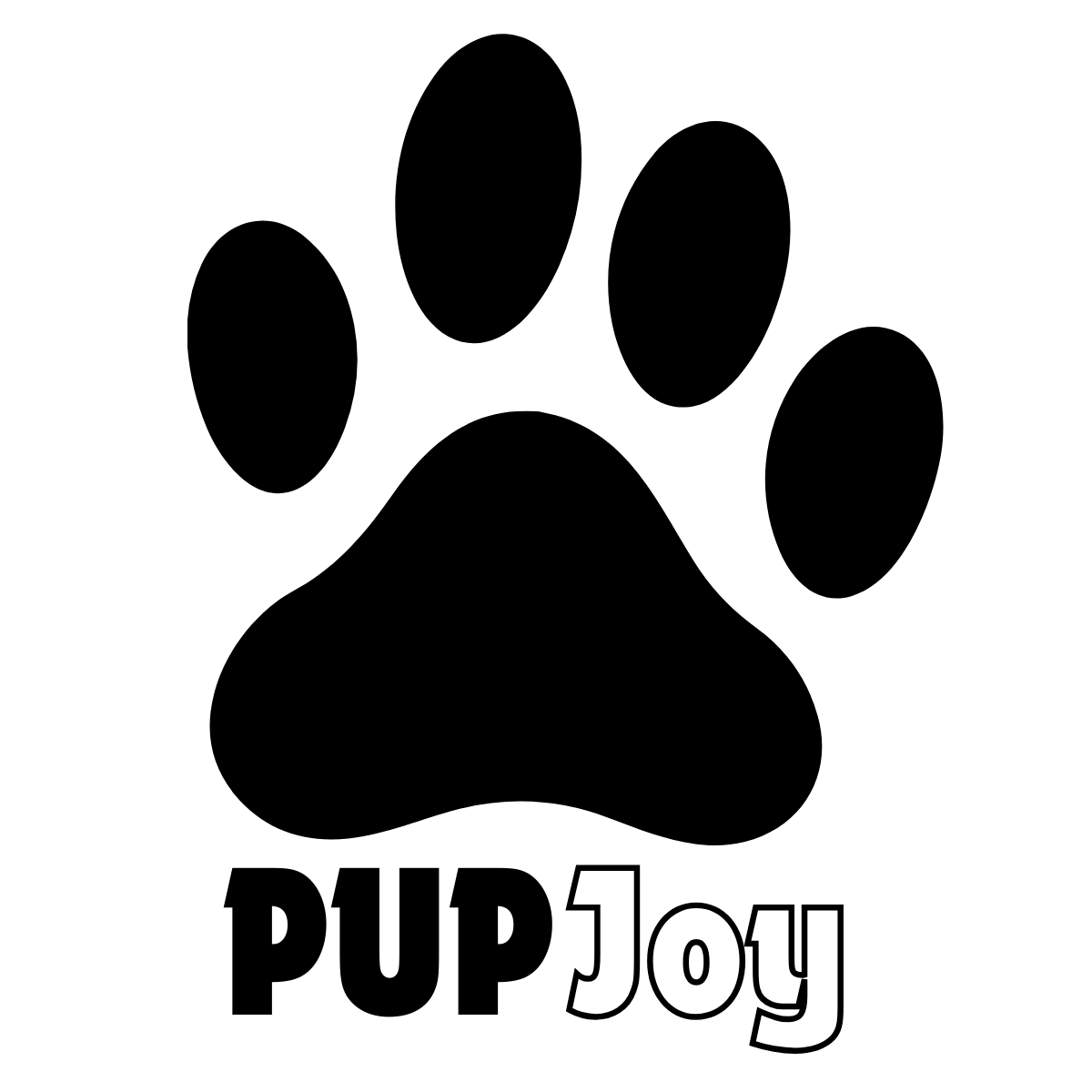You scan the pet store shelves, reaching for the dog food with the highest protein content, thinking you’re giving your furry friend the best. You’re not alone; many pet owners prioritize protein, assuming it’s the key to a healthy, happy dog. But what if you’ve been misled? What if the high-protein craze is actually doing more harm than good? As you gaze at the rows of dog food, you start to wonder: are you unwittingly putting your dog’s health at risk? The answer may surprise you, and it’s time to uncover the truth behind the high-protein hype.

The Protein Myth Exposed
You’ve likely heard that dogs are obligatory carnivores, requiring massive amounts of protein to thrive, but is this notion entirely accurate? While it’s true that dogs do need protein from animal sources, the idea that they require enormous amounts is somewhat misleading. The key to a healthy diet lies in achieving a balance of essential nutrients, rather than focusing solely on protein content.
In reality, dogs are omnivores that thrive on a balanced diet that includes protein from various sources, including animal-based ingredients like meat, poultry, and fish, as well as plant-based sources like legumes and whole grains. A well-formulated dog food should provide a nutrient-rich profile that meets your dog’s specific needs, rather than relying on a single nutrient like protein.
Achieving nutrient balance is essential, as excessive protein intake can lead to health issues. A balanced diet should provide the necessary protein for growth, maintenance, and repair, while also considering other fundamental nutrients like carbohydrates, fats, vitamins, and minerals. By understanding the importance of nutrient balance, you can make informed decisions about your dog’s diet and provide the best possible nutrition for a healthy, happy life.
Uncovering the Truth Behind Labels
When scrutinizing dog food labels, you must decipher the marketing jargon and uncover the real nutritional value behind the claims. You’ve likely come across labels boasting ‘high-protein’ or ‘grain-free,’ but what do these terms really mean for your dog’s health? To avoid falling prey to marketing deception, you need to develop label literacy. Start by checking the ingredient list, where the first few ingredients should be named protein sources (e.g., chicken, salmon) rather than generic terms (e.g., ‘meat’). Be wary of labels that use vague terms or list multiple types of fillers (e.g., corn, wheat, soy). Next, examine the guaranteed analysis, which provides a snapshot of the food’s nutritional content. Look for specific values for protein, fat, and fiber, rather than vague claims. By becoming a savvy label reader, you’ll be better equipped to make informed decisions about your dog’s diet and avoid falling victim to marketing deception.
The Dark Side of High-Protein
While high-protein diets have gained popularity, they also harbor a hidden threat to your dog’s well-being, which you should be aware of. As you aim to provide the best for your furry friend, understanding the dark side of high-protein dog food is vital. Canine Addiction, a phenomenon where dogs become dependent on high-protein diets, can lead to severe health issues. Protein Obsession, a trend that prioritizes protein content over balanced nutrition, can have devastating consequences for your dog’s health.
When you feed your dog a high-protein diet, their body adapts by increasing the production of enzymes that break down protein. However, this can lead to an imbalance in their digestive system, causing digestive issues and potentially even kidney damage. Additionally, high-protein diets can also lead to an increased risk of dehydration, as dogs may not drink enough water to compensate for the high protein intake.
It is vital to be aware of these risks and consider a balanced diet that meets your dog’s nutritional needs, rather than relying solely on high-protein content. By doing so, you can safeguard your dog leads a healthy, happy life.
What Your Dog Really Needs
Most dogs require a delicate balance of nutrients, including protein, fat, carbohydrates, vitamins, and minerals, to maintain peak health and performance. As a responsible dog owner, you want to guarantee your furry friend is getting the right mix of nutrients. But what does your dog really need?
| Nutrient | Importance |
|---|---|
| Protein | Builds and repairs tissues, including muscles, organs, and skin |
| Fat | Provides energy, supports skin and coat health, and aids in vitamin absorption |
| Fiber | Supports gut health and promotes digestive regularity |
A nutrient-balanced diet is vital for maintaining your dog’s overall health. A diet that’s too heavy on protein, for instance, can lead to an imbalance that negatively impacts gut health. You want to safeguard your dog’s gut is thriving, as it’s the foundation of their immune system. A healthy gut means a stronger immune system, reduced inflammation, and a reduced risk of chronic diseases. By providing your dog with a balanced diet that meets their nutritional needs, you’re giving them the best chance at a long, healthy, and happy life.
Separating Fact From Fad Diets
One essential step in ensuring your dog receives the ideal nutrient balance is to distinguish between scientifically-backed dietary recommendations and trendy, unproven fad diets. As a pet owner, you’re constantly bombarded with the latest dietary trends claiming to be the ‘best’ for your furry friend. However, it’s vital to separate fact from fiction to provide your dog with a well-balanced diet.
Fad diets often lack scientific evidence and can do more harm than good. They might restrict essential nutrients, leading to deficiencies and health issues. On the other hand, scientifically-backed dietary recommendations are based on rigorous research and provide a thorough understanding of your dog’s nutritional needs.
To make informed decisions, stay critical of trendy diets and instead, focus on evidence-based recommendations. Consult with your veterinarian to determine the ideal diet for your dog, taking into account factors like age, breed, and health conditions. By doing so, you’ll be able to provide your dog with a balanced and nutritious diet that meets their unique needs.
Frequently Asked Questions
Can Puppies Eat High-Protein Dog Food Formulated for Adults?
As you consider feeding your puppy high-protein dog food formulated for adults, remember that puppies require a delicate nutrient balance to support their rapid growth stages and developing immune system during critical puppy development.
Do High-Protein Diets Increase a Dog’s Water Intake?
As you monitor your dog’s high-protein diet, you’ll notice increased water intake, which is essential to prevent dehydration risks. Encourage healthy drinking habits by ensuring access to fresh water at all times, especially during exercise or hot weather.
Are Eggs a Suitable Protein Source for Dogs With Allergies?
You’re wondering if eggs are suitable for dogs with allergies, but consider this: eggs can exacerbate egg allergy symptoms, and bioavailability concerns arise from the body’s limited ability to absorb egg protein, making alternative sources worth exploring.
Can High-Protein Dog Food Cause Stomach Upset in Seniors?
As you care for your senior dog, you’ll want to bear in mind that high-protein dog food can exacerbate Senior Sensitivity, leading to Digestive Issues, so you must keep a close eye on their digestive health and adjust their diet accordingly.
Does Cooking Protein Sources Reduce Nutritional Value for Dogs?
As you stir the pot, envision protein molecules unfolding like a delicate flower. Cooking protein sources can lead to denaturation, affecting nutritional value for your dog. Opt for gentle cooking methods to preserve the goodness, ensuring your furry friend reaps the benefits.
Conclusion
As you stand in the pet food aisle, remember that a high-protein label doesn’t guarantee a healthy diet for your dog. In fact, it may be doing more harm than good. Ask yourself, are you sacrificing your dog’s overall well-being for a trendy buzzword? A balanced diet that meets your dog’s unique needs is what truly matters. Don’t fall for the protein myth – choose a well-rounded food that will keep your furry friend thriving for years to come.
